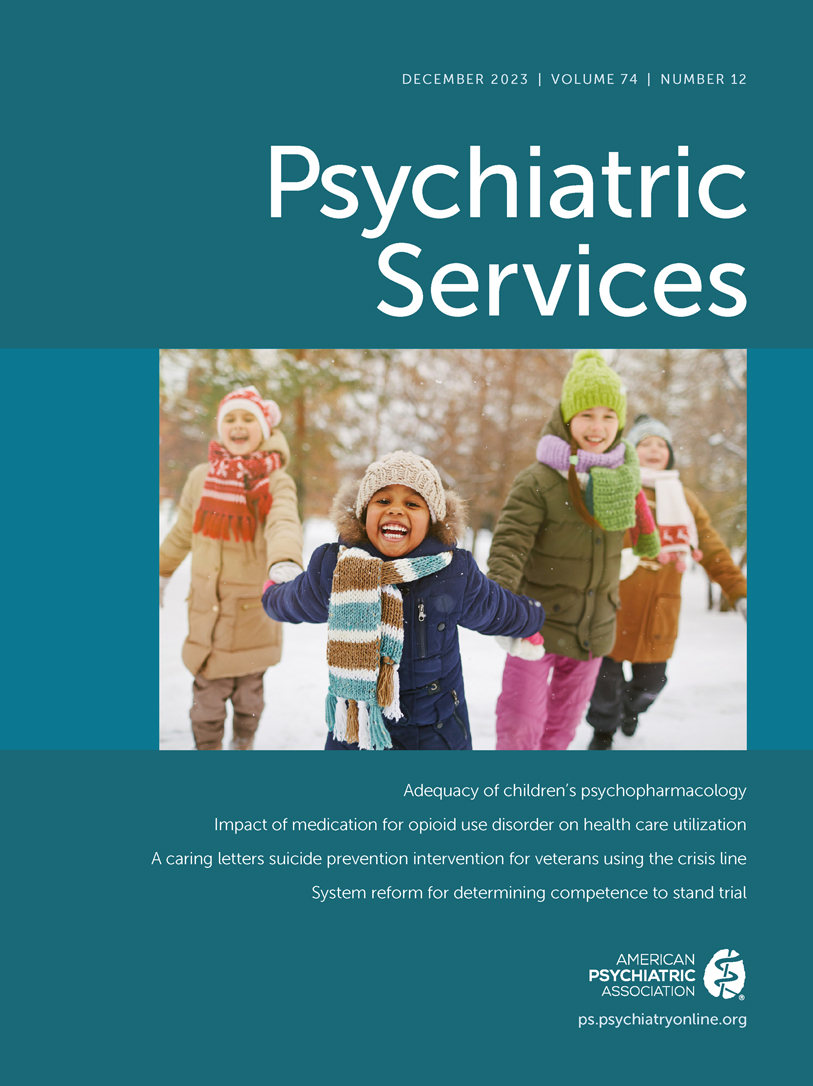Attitudes Toward COVID-19 Vaccination Among Behavioral Health Service Clients
Abstract
Objective:
The authors examined attitudes toward and uptake of COVID-19 vaccination among individuals with serious mental illness or substance use disorder.
Methods:
Clients of a community mental health center in Texas (N=50) participated in semistructured, in-person interviews regarding their COVID-19 vaccination decision. Thematic analysis was used to analyze interview data.
Results:
Most participants (68%) reported receipt of at least one COVID-19 vaccine dose. Participants were motivated to get vaccinated mostly by a desire to protect themselves or others. Convenience of vaccination location and access to free vaccination facilitated vaccine uptake. However, concerns about the COVID-19 vaccine were common among both vaccinated and unvaccinated participants and could be reinforced or overcome by social network influences.
Conclusions:
Fear, uncertainty, and conflicting vaccine information were common themes in the COVID-19 vaccination decisions of behavioral health service clients. Improving access to information from trusted sources, including health care providers, could help to overcome vaccine concerns in this population.
Access content
To read the fulltext, please use one of the options below to sign in or purchase access.- Personal login
- Institutional Login
- Sign in via OpenAthens
- Register for access
-
Please login/register if you wish to pair your device and check access availability.
Not a subscriber?
PsychiatryOnline subscription options offer access to the DSM-5 library, books, journals, CME, and patient resources. This all-in-one virtual library provides psychiatrists and mental health professionals with key resources for diagnosis, treatment, research, and professional development.
Need more help? PsychiatryOnline Customer Service may be reached by emailing [email protected] or by calling 800-368-5777 (in the U.S.) or 703-907-7322 (outside the U.S.).



